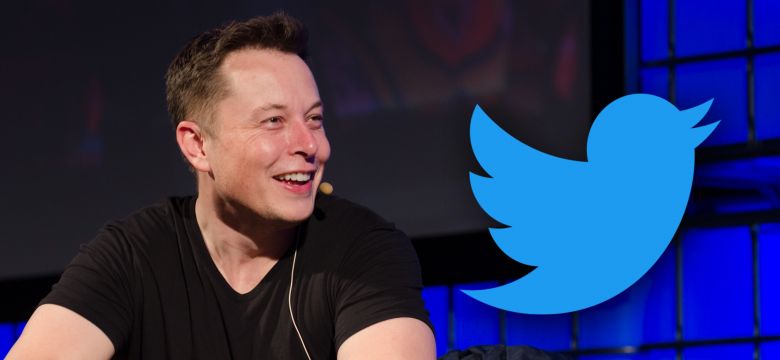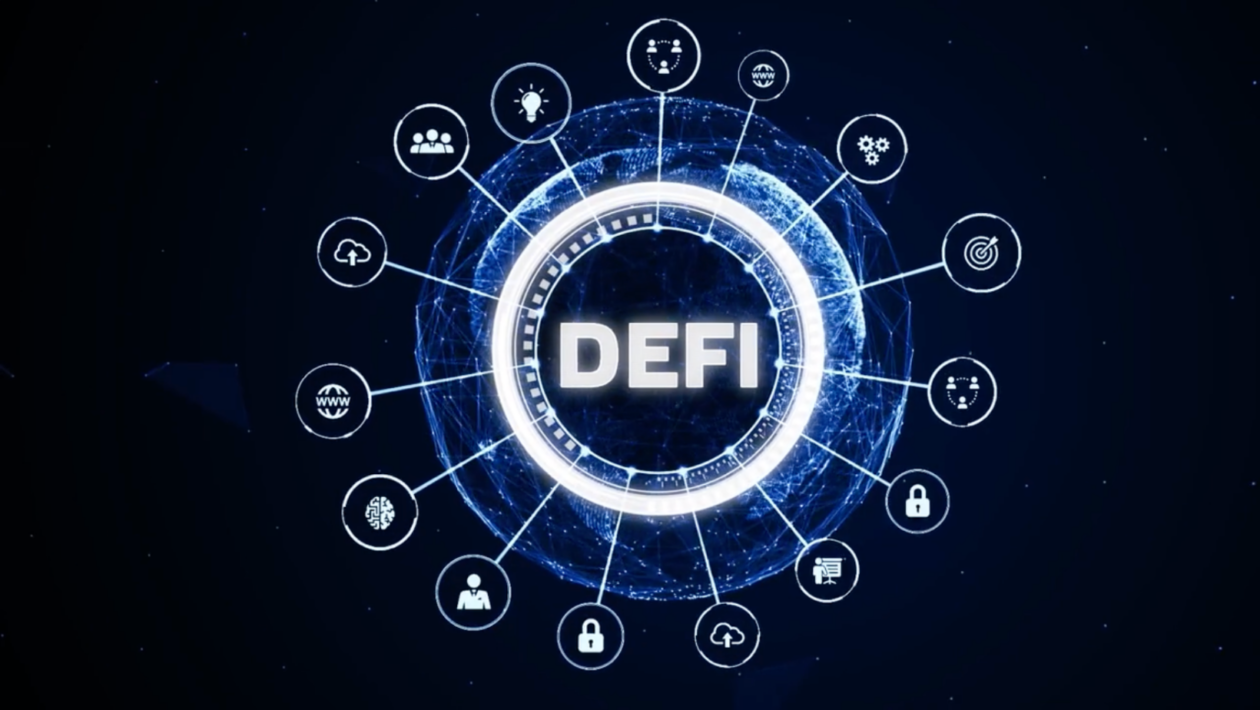Elon Musk's Vision:
Transforming Twitter into a Place for Free Speech
Introduction
In a really interesting interview with Andrew Ross Sorkin, Elon Musk talked about his idea for Twitter and why he thinks it's important for people to freely express themselves, especially when there have been some big controversies lately.
Musk, the entrepreneur behind cool things like Tesla and SpaceX, found himself in some trouble because of a tweet. They talked about it in the interview and how it caused a lot of arguments and accusations, even from some powerful people.
He admitted that things got complicated because of what he said online and how people saw it. Musk said sorry for the confusion, explaining that people misunderstood what he meant and apologized for that.
But in the middle of all this chaos, Musk strongly believes in free speech. He's really serious about changing Twitter into a place where people can say what they want without restrictions, saying, "I care about real goodness, not just how it looks."

Musk's Dedication
Musk kept saying how important it is to have different ideas all in one place, even if some people disagree. He's not worried about people being mad at him for this; he just wants everyone to share their thoughts without any pressure from advertisers.
Economic Impact
They also talked about how this might affect money stuff, like if companies stop putting ads on Twitter because of Musk's support for free speech. He's okay if that happens, saying that principles matter more than making money.
Comparing to Other Businesses
Musk compared his other businesses, like Tesla, which doesn't use normal ads, to what he wants for Twitter. He wants Twitter to be about sharing ideas, not just pleasing companies who pay for ads.
Musk's Strong Stance Against Advertising Pressure
During the interview, Musk made it really clear that he won't let ads control Twitter. He said, "If someone tries to use ads to control me, they can forget it."
He said this right in front of the CEO of Disney, showing he won't let money decide how Twitter works. He's all about letting people speak freely, sticking to his principles instead of giving in to money power.
Conclusion
The interview showed how much Musk wants Twitter to be a place where people can talk without worrying about being shut down or censored.
As the talk continues, Musk's focus on this big change for Twitter challenges how we usually think about online talk and who has control over it.
The Promise and Peril of
DeFi
Exploring the World of Decentralized Finance
Introduction
Decentralized Finance, or DeFi, is a financial revolution that has taken the world by storm in recent years. Enabled by blockchain technology, DeFi promises to democratize finance, providing access to financial services and products that were once the exclusive domain of traditional banks and institutions. While DeFi holds immense potential for financial inclusion and innovation, it is not without its share of risks and challenges. In this blog post, we will explore the possibilities, pros, and cons of DeFi, with a critical perspective on the dangers it presents.

The Promise of DeFi
Financial Inclusion: DeFi has the power to bring millions of unbanked and underbanked people into the global financial system. By utilizing blockchain technology and smart contracts, it enables peer-to-peer lending, borrowing, and investing, allowing individuals to access financial services without intermediaries.
Transparency: DeFi operates on public, transparent, and immutable blockchain networks. This transparency can help eliminate fraud, reduce corruption, and build trust in the financial ecosystem.
Accessibility: Anyone with an internet connection and a digital wallet can participate in DeFi. This open access empowers people to take control of their finances, reducing the need for traditional banks and intermediaries.
Innovation: DeFi is a hotbed for innovation. Developers worldwide are creating new financial products, from decentralized exchanges to yield farming protocols, that challenge traditional banking systems and redefine how people manage their wealth.
The Pros of DeFi
Eliminating Intermediaries: DeFi cuts out middlemen, reducing fees and the time it takes to process financial transactions. This is particularly advantageous in cross-border payments and remittances.
Enhanced Security: Blockchain technology and smart contracts offer robust security features that make it difficult for malicious actors to manipulate the system. This can help reduce the risk of hacks and fraud.
Yield Opportunities: DeFi platforms often offer high-yield opportunities for users to earn interest on their assets through lending, liquidity provision, or yield farming.
The Cons of DeFi
Regulatory Challenges: The decentralized nature of DeFi makes it challenging for governments to regulate and oversee. This lack of regulation can lead to potential risks for investors and the misuse of DeFi platforms.
Smart Contract Vulnerabilities: While smart contracts are designed to be secure, vulnerabilities can still exist. Bugs or coding errors can result in substantial financial losses for users, as seen in various DeFi hacks.
Lack of Insurance: Traditional financial institutions often provide insurance to protect customers from losses. DeFi, on the other hand, lacks such safety nets, leaving users exposed to the risk of losing their assets in the event of an unforeseen event.
The Dangers of DeFi
Risk of Exploitation: DeFi platforms can be exploited by malicious actors who find weaknesses in smart contracts, leading to substantial financial losses for users.
Flash Loans: Flash loans allow users to borrow large sums of cryptocurrency without collateral, potentially causing price manipulation and market instability.
Market Volatility: DeFi platforms can be highly susceptible to price volatility, as assets are often used as collateral. A sudden market crash can lead to a cascade of liquidations and significant losses for users.
Conclusion
DeFi is a groundbreaking innovation with the potential to revolutionize the financial industry and empower individuals globally. However, it comes with its set of challenges and risks that cannot be overlooked. It is crucial for users, developers, and regulators to strike a balance between embracing the potential of DeFi and addressing its dangers.
As the DeFi ecosystem continues to evolve, responsible adoption and regulatory oversight will be essential to ensure that the promises of financial inclusion and innovation are achieved while mitigating the potential perils that could undermine its transformative potential. In the coming years, DeFi will undoubtedly remain a topic of great interest, as we navigate the uncharted waters of decentralized finance.